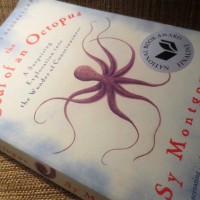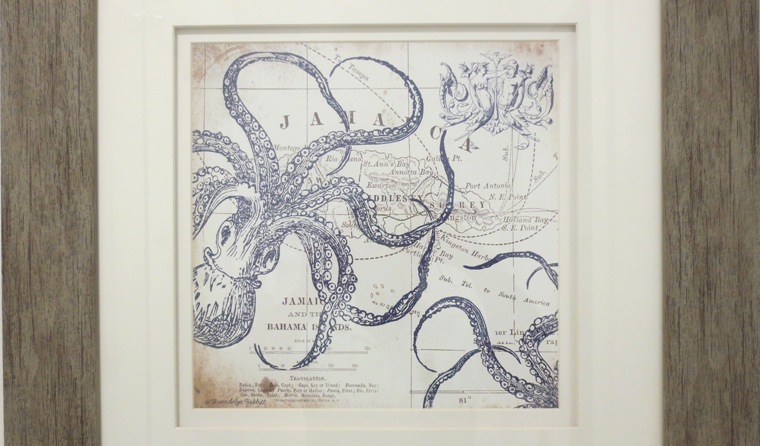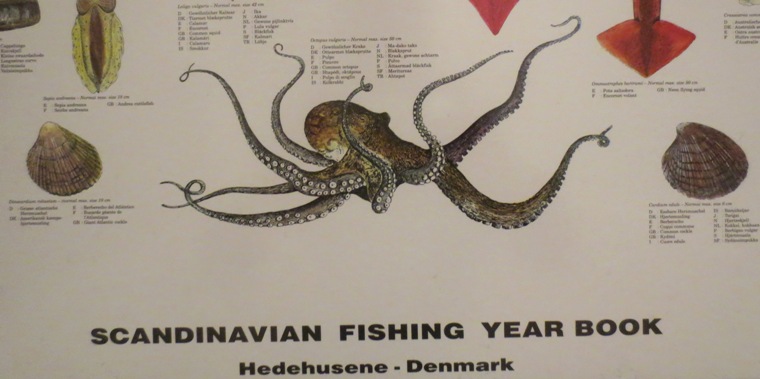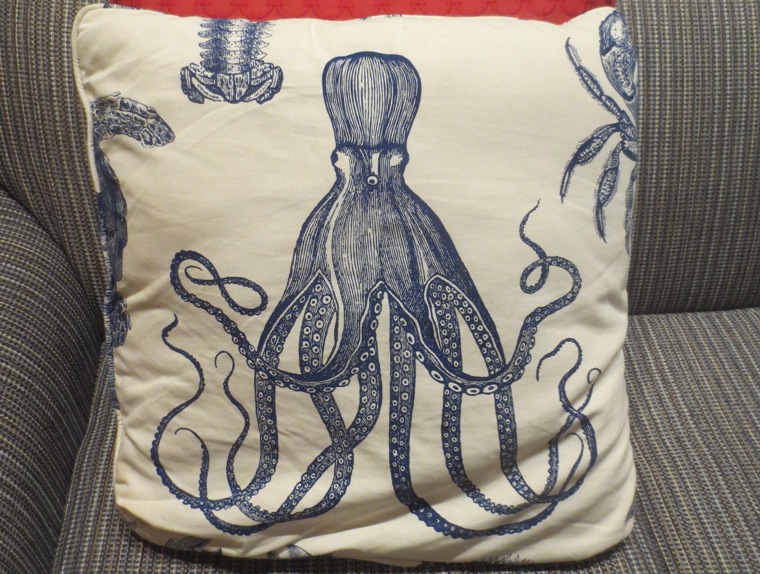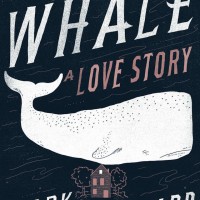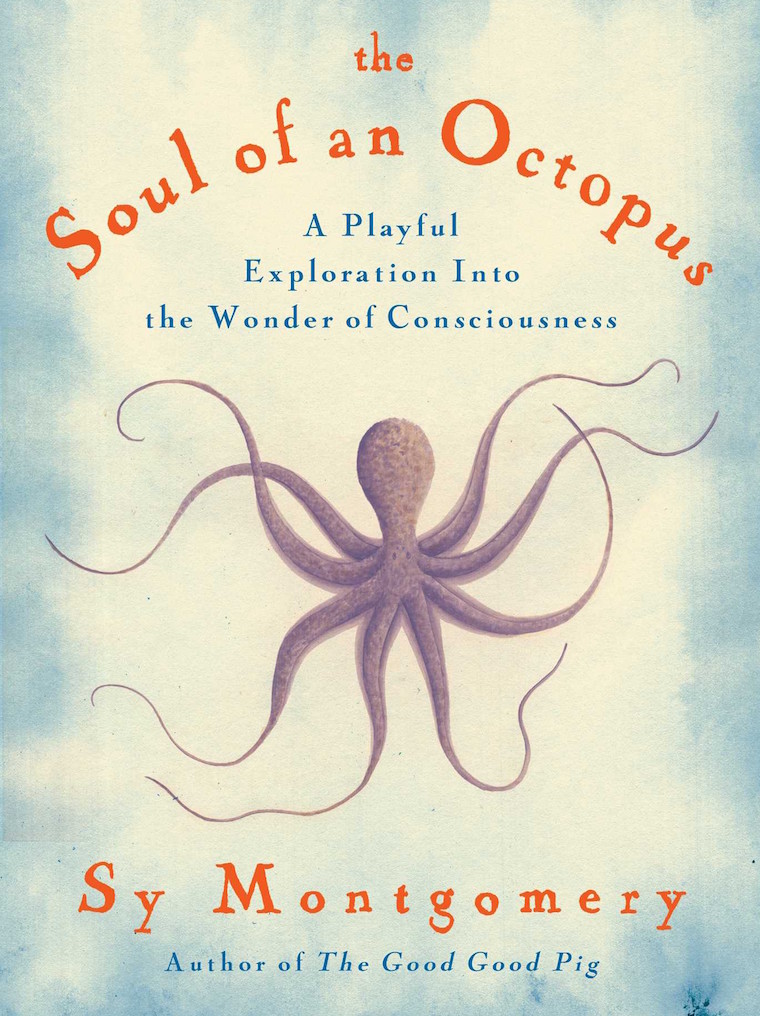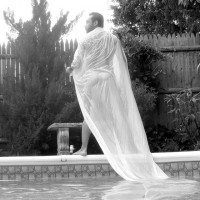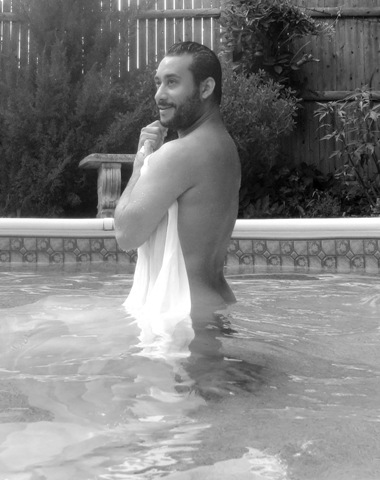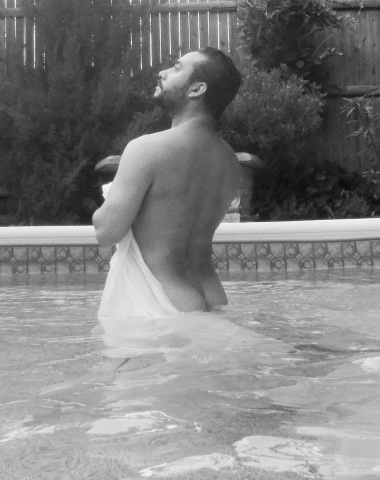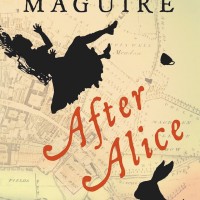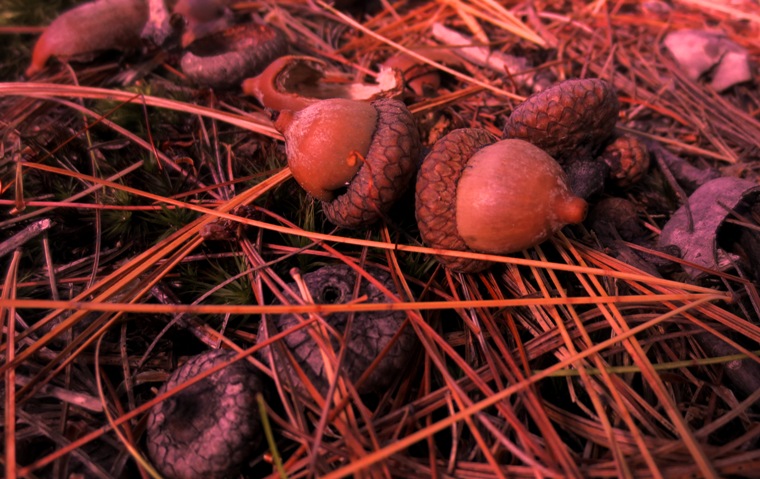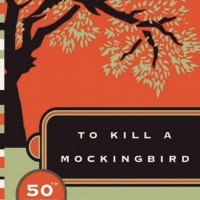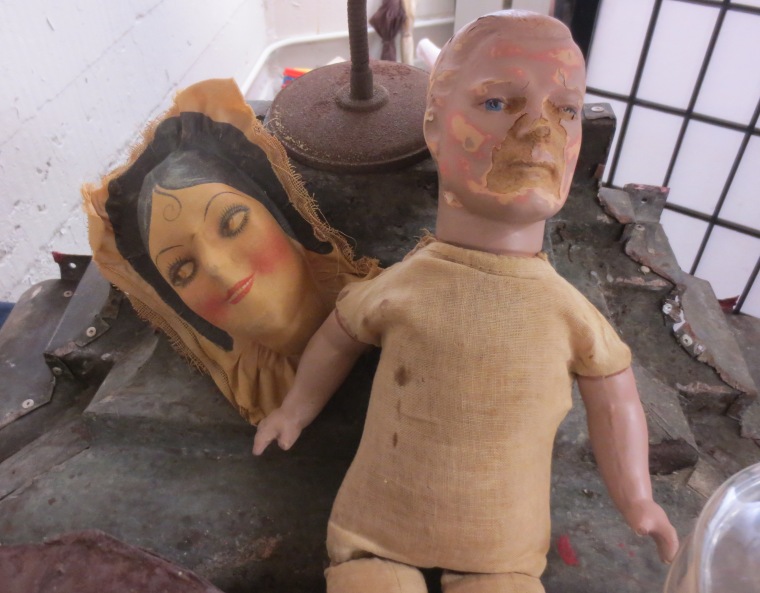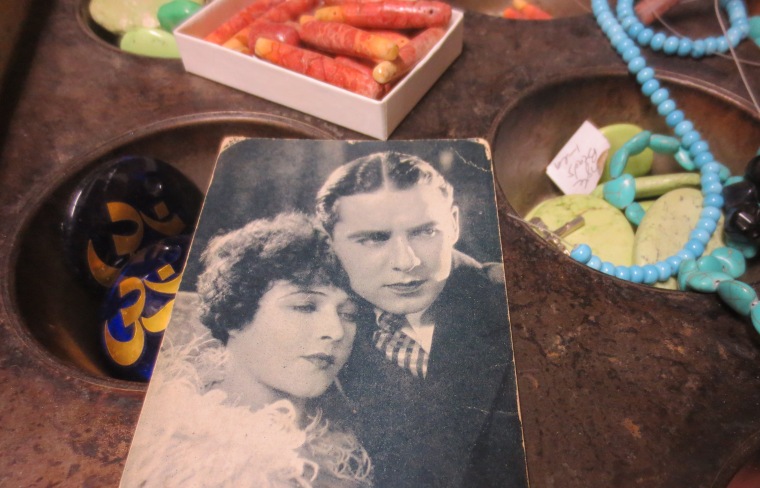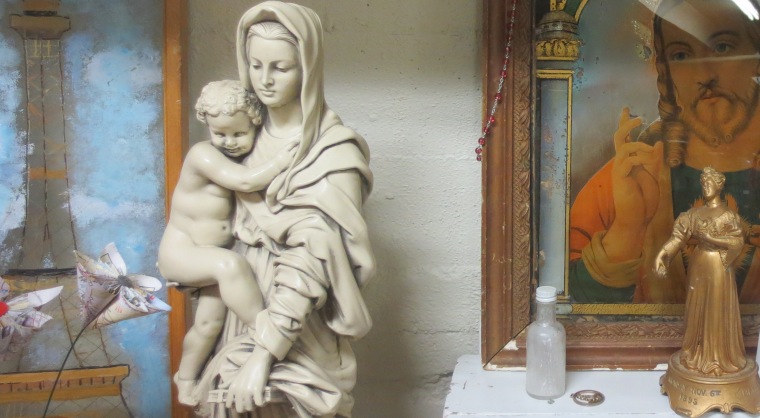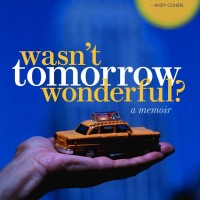The universe has a way of making little winks, signifying whether we are on the right path and if things are properly aligned. Most of us chalk it up to coincidence and chance, but I’ve always felt there was something deeper at work, some grander scheme of a destined plan where everything happens for a reason. Case in point was the sudden proliferation of the octopus as I began one of my favorite reads this summer: ‘The Soul of an Octopus’ by Sy Montgomery. Once I started this, fittingly on the beach, I could not put it down. The ocean and its inhabitants have perennially intrigued me, and the octopus especially has been an animal of fascination and wonder, given its intelligence and shapeshifting prowess. In fact, the eight-armed creature is one of the premiere tricksters of the animal kingdom, and Montgomery manages to demystify and investigate this ‘Surprising Exploration into the Wonder of Consciousness.’
It’s a marvelous book for anyone looking to delve further into the curious relations between humans and animals, and especially for those of us beholden to the magic and mystery of the octopus. As I turned the pages during our seaside stay, suddenly I found octopuses everywhere: in a print on the hotel wall, in a restaurant poster, on a bathroom rug, and even on a lobby throw pillow.
Reassuring proof that we are all connected somehow, and that there are no accidents. The trick is in deciphering why… Why ‘The Soul of an Octopus’? Why the octopus itself?
More importantly, why does the summer have to end?

